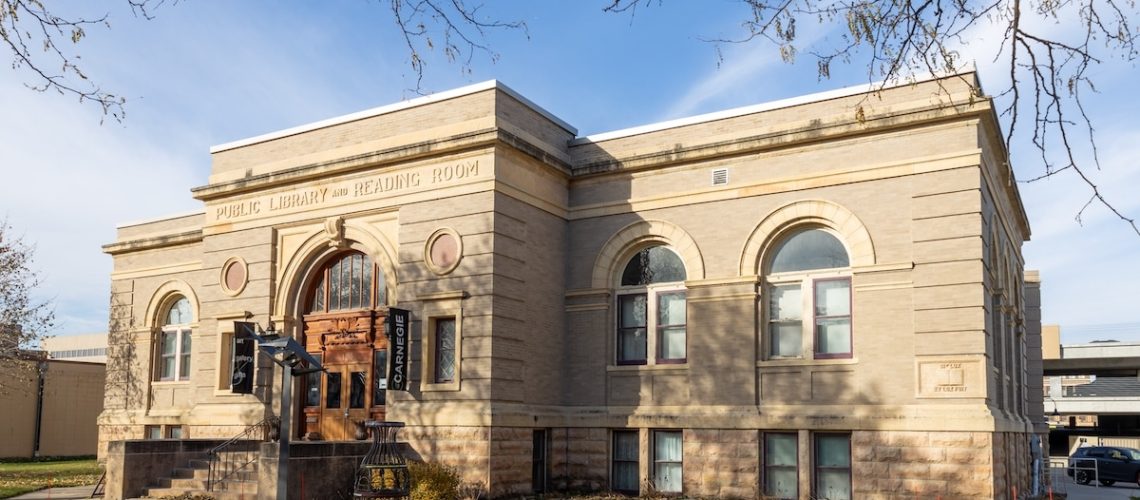A recent federal court ruling determined that a straight, cisgender principal, Mary Kay Thomas, from Marshall, Minnesota, cannot claim protections under Title VII or Title IX in a case involving her advocacy for LGBTQ+ rights. Thomas, who was removed from her position as a middle school principal, alleged that the school district retaliated against her for supporting LGBTQ+ students and promoting inclusive initiatives.
Background of the Case
Mary Kay Thomas, who served as a principal at Marshall Middle School, was known for her inclusive approach to education. She installed pride flags in the school and helped establish a Gay-Straight Alliance (GSA) to support LGBTQ+ students. However, her actions faced backlash from some faculty members and the school board. The controversy escalated when the school board and superintendent, Jeremy Williams, took steps to remove her from her position, citing disagreements over her advocacy and actions that allegedly defied district policies.
Thomas filed a lawsuit claiming that her removal was a result of discrimination and retaliation based on her support for LGBTQ+ individuals. She argued that her actions were protected under federal anti-discrimination laws, specifically Title VII and Title IX, which prohibit discrimination in employment and education.
Court Ruling
In a ruling that has sparked debate, U.S. District Court Judge Patrick J. Schiltz concluded that Thomas, as a straight, cisgender woman, does not fall under the protections of Title VII or Title IX for her advocacy. These laws are designed to protect individuals from discrimination based on race, gender, sexual orientation, or other marginalized identities. Since Thomas is not part of a marginalized group, the judge ruled that the protections do not apply to her situation.
“The district acted against Thomas because of hostility to her views, not because of hostility to her sex,” Judge Schiltz stated in his ruling. He further explained that the school would have treated her the same way if she had been male, indicating that her advocacy on behalf of LGBTQ+ students did not entitle her to protection under these laws.
First Amendment Claim Dismissed
Thomas also claimed that her removal violated her First Amendment rights, arguing that she was exercising free speech in advocating for LGBTQ+ rights. However, the court dismissed this claim as well. Judge Schiltz ruled that Thomas was not acting as a private citizen when she advocated for LGBTQ+ issues but was instead carrying out her responsibilities as a school principal. Therefore, her actions were subject to the school district’s oversight and policies, and the school board had the authority to take disciplinary action if her actions conflicted with the district’s policies.
Reaction to the Ruling
The ruling has drawn mixed reactions from both supporters and critics. Superintendent Jeremy Williams expressed relief at the outcome, stating, “Marshall Public Schools is ready to close the chapter on this prolonged and costly unjustified litigation.” He emphasized that the school district remains committed to supporting all students, including those from marginalized communities, but maintained that Thomas’ actions were not in line with district policies.
On the other hand, Thomas’ attorney, David Schlesinger, has voiced disappointment with the ruling and indicated that they are considering their next legal steps. “The court’s order did not end the case,” Schlesinger stated, hinting at the possibility of an appeal or a new claim filed in state court. He argued that Thomas was unjustly punished for advocating for students’ rights and that the court’s interpretation of Title VII and Title IX was too narrow.
Broader Implications
This case has raised questions about the legal protections available to individuals advocating for marginalized groups, even if they are not part of those groups themselves. Advocates for LGBTQ+ rights have expressed concern that the ruling may discourage educators and other professionals from standing up for LGBTQ+ individuals out of fear of retaliation.
The ruling also touches on the ongoing debate about the role of educators in promoting inclusivity and supporting students from diverse backgrounds. While many educators feel that supporting LGBTQ+ students is part of creating a safe and welcoming school environment, others argue that there should be clearer guidelines on how schools can balance inclusivity with adherence to district policies.
21 Beliefs About the Bible That Are Actually False

The Bible is one of the most discussed and debated books in history, yet many common beliefs about it are more myth than fact. How many of these misconceptions have you heard before? 21 Beliefs About the Bible That Are Actually False
21 Subtle Racisms That Are Commonplace in America

Racism in America isn’t always overt; it often hides in plain sight through subtle actions and attitudes. How many of these subtle racisms have you noticed around you? 21 Subtle Racisms That Are Commonplace in America
Featured Image Credit: Shutterstock /Cynthia Shirk.
This post first appeared on Pulse of Pride.

